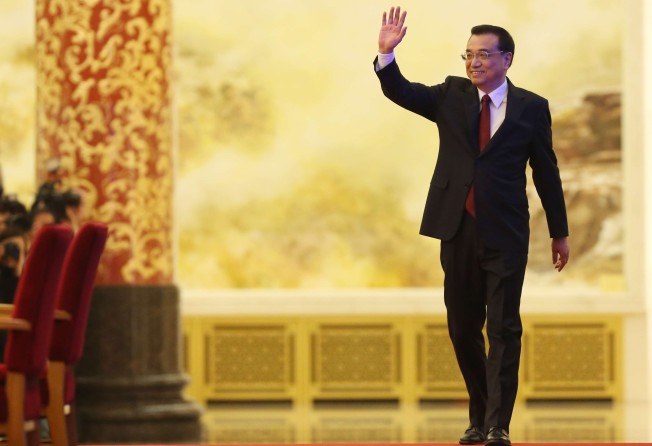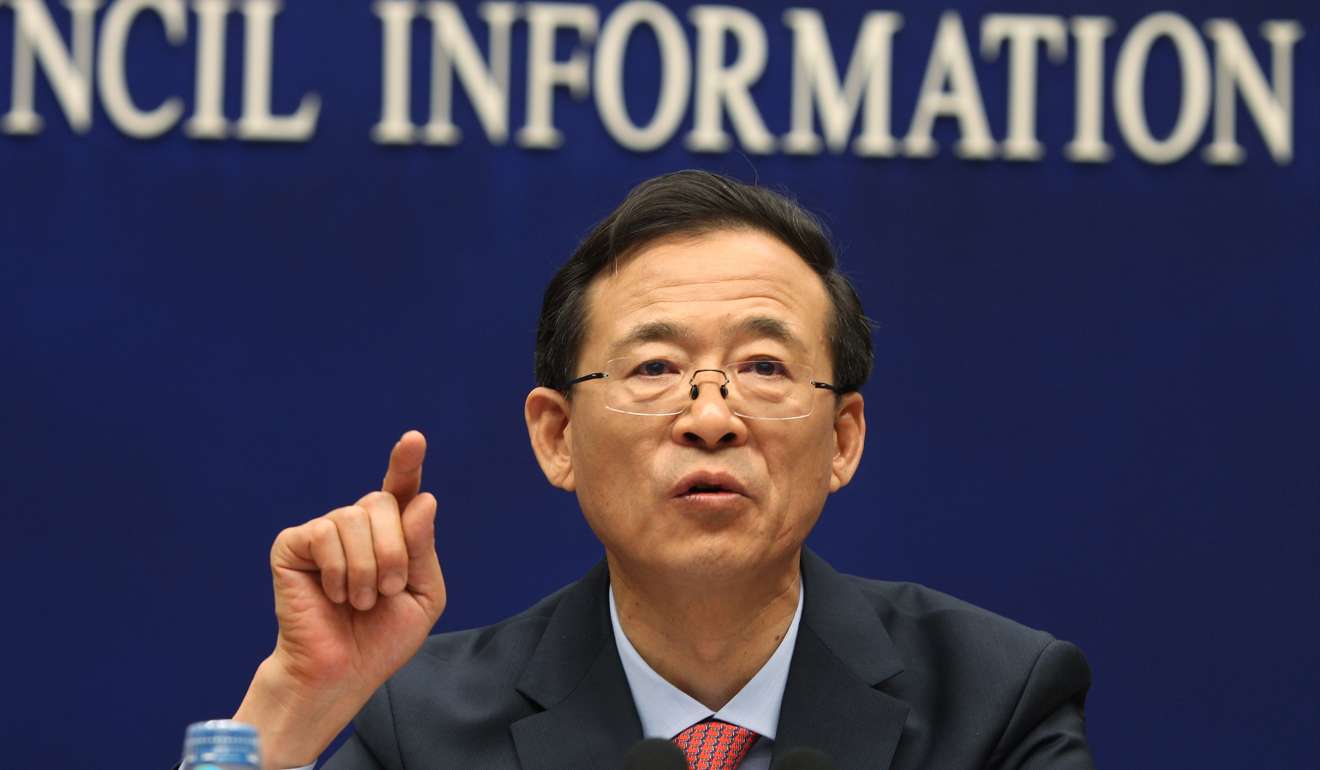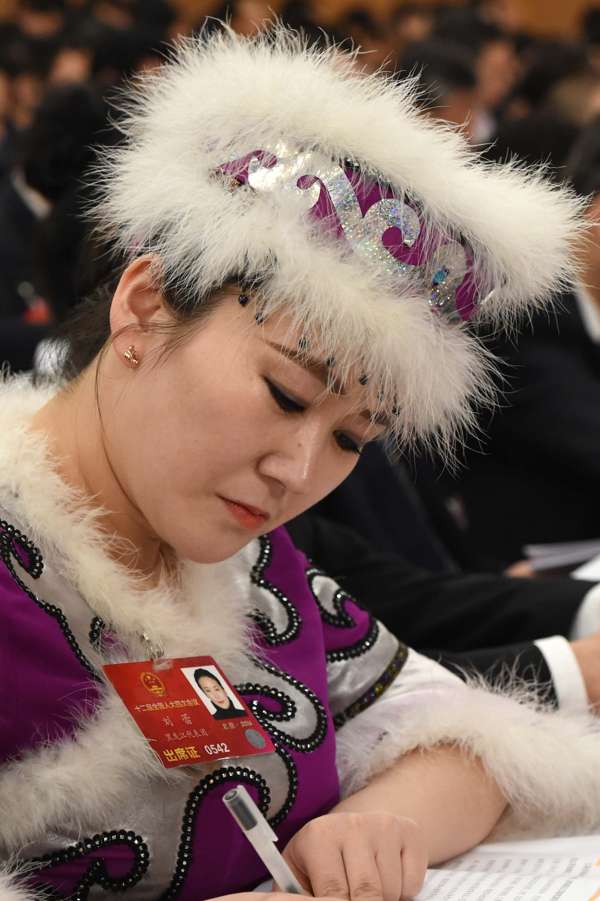Deleveraging financial market and curbing property bubbles top agenda for this year’s NPC
NPC set to remove economic instabilities ahead of Communist Party reshuffle

Containing financial leverage and avoiding a property bubble will be the major focuses of the upcoming National People’s Congress (NPC) meeting due to start in Beijing on Sunday.
Curbing risks fueled by easy credit in recent years and taming a capital market increasingly manipulated by capital tycoons, or so called “financial crocs”, are tipped to be the primary objectives of delegates.
The NPC meeting is an annual parliament-style gathering of delegates from all over China, during which China’s premier Li Keqiang is due to declare the annual growth target, fiscal budget and work focus for the government in 2017.
Citi’s chief China economist Liu Li-Gang says deleveraging and the containment of financial risk will be the top priority this year.
“In the past few years, the growth of the real economy has been far behind the growth of debt and financial markets... The monetary policy transmission mechanism is problematic, as liquidity injected via monetary policy easing is mainly absorbed into the financial sector instead of going into the real economy,” Liu and Citi analyst Jin Xiaowen wrote in a research note issued Sunday.
Strengthening financial regulation is key to creating a ‘steady ship’ when it comes to economic policy, the note said, and to ensure a smooth political transition leading to the 19th Party Congress later this year – at which there is expected to be a key leadership reshuffle within the Communist Party.
Citi expects Chinese economic growth to be set at around 6.5 per cent, and the fiscal deficit increased modestly to 3.5 per cent this year.
“China is facing some urgent calls to sort the chaos and conflicts in its financial development, and the authorities are reshuffling the regulatory framework and that should shake up the sector,” said Liu Yuhui, a professor at the Academy of Social Sciences, and chief economist with TF Securities.
The witch hunt for “financial crocodiles” started since early this year, with the authorities moving to root out risks of potential instability ahead of the leadership reshuffle.
The term “crocs” was coined by China’s top securities regulator Liu Shiyu, in reference to tycoons manipulating the financial market with big injections of capital, while usually remaining obscure through their control of assets via opaque ownership structures.
The China Securities Regulatory Commission has already handing out hefty punishments on several market manipulators.
Xu Xiang, a former legendary fund manager was fined a record-breaking 11 billion yuan (US$1.6 billion) last month.
While Yao Zhenhua – the property tycoon whose hostile takeover attempt last year of China Vanke led to widespread soul-searching in the country about audacious acquisitions – has been banned from working in the mainland’s insurance industry for 10 years.

Foresea Life Insurance, a unit of Yao’s Baoneng group of companies, was found to have provided “fake materials” and “violated rules for using an insurance fund”, the China Insurance Regulatory Commission said.
Apart from the capital markets, Citi analysts also expect the central bank to apply both monetary policy tools and macro prudential tools to help deleverage the bond market, tidy up the shadow banking market, which is swollen with cross-ownership of products by financial institutions, and also continue to curb the property market.
Bonds issued in China last year totaled 36.1 trillion yuan (US$5.23 trillion), the People’s Bank of China (PBOC).said on Sunday, a 54.2 per cent rise on 2015.
China’s debt-to-GDP ratio rose to 277 per cent at the end of 2016 from 254 per cent the previous year, with an increasing share of new credit being used to pay debt servicing costs, UBS analysts said in a recent note.

The scale of non-bank credit is also swelling. Jaclyn Wang, an analyst with Fitch Ratings based in Shanghai, said that amounted to around 75 trillion yuan, accounting for around 39 per cent of outstanding credit, in which corporate bond issuance takes up 18 trillion yuan.
The surge in property prices last year, has made China’s first-tier cities the most unaffordable in the world, and has absorbed capital through the shadow banking channels, further adding to financial risk.
Analysts said the curbs introduced by the authorities since the last quarter of 2016, including imposing purchase restrictions and removing the favourable residential mortgage loan rates, however, have been having an effect, and most expect them to continue this year.
“The pace of annual growth across of all three city tiers is likely to moderate further in coming months,” said Elliot Clarke, a senior economist for Westpac Institutional Bank in a note on Tuesday.
In January, only 36 per cent of cities reported a monthly price gain for new homes – less than half September’s 81 per cent. The price growth of second hand homes price has also narrowed, from a net 76 per cent of cities in September to 50 per cent currently, Clarke’s note said.